Hitchhiking 'should be rebranded' to address Scottish safety fears
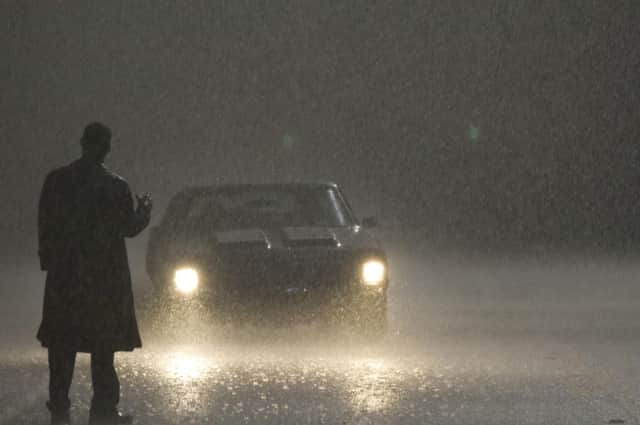

Consultant Alistair Kirkbride said social media could be harnessed to create a kind of "spontaneous ride share" service so people would feel more confident about hitchhiking and picking up hitchers.
It could be modelled on a French ride-share scheme where users register online and meet at marked pick-up points.
Advertisement
Hide AdAdvertisement
Hide AdMr Kirkbride said: “There is a strong argument to re-brand hitchhiking to tackle its perceived, but unfounded personal safety risks.
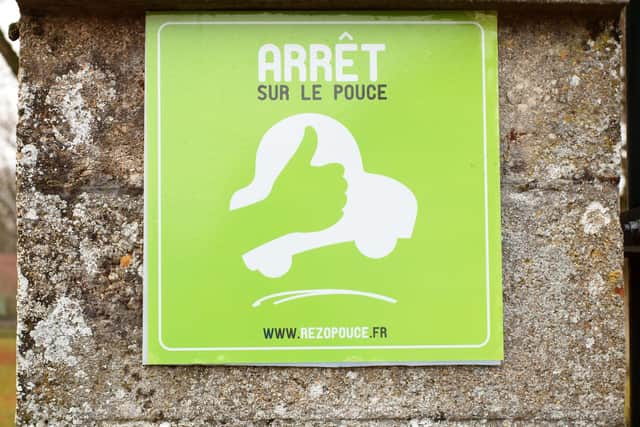

“Most of the issues of security around hitching are not backed up with evidence.
"The barrier is all the baggage attached to hitchhiking, like ‘axe murderers’ and rapists.
"Getting over that requires a technology security system behind it and a re-brand.
“Given the rise of opportunities for security assurances using mobile technology, hitchhiking is the ultimate shared transport – but it is hiding in full view.”
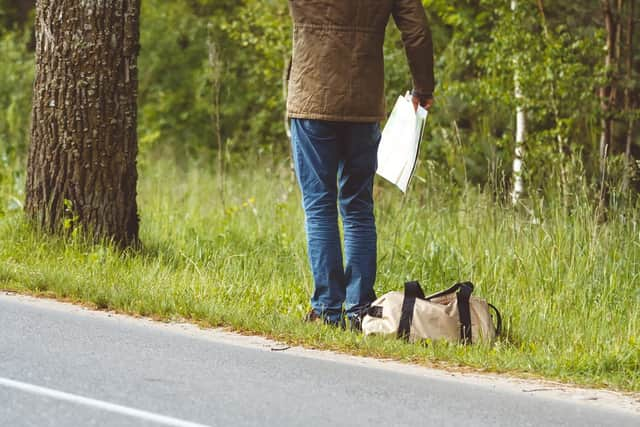

Mr Kirkbride told a Scottish Rural and Islands Transport Community (SRITC) webinar: “Sharing lifts among traditional social networks has happened for decades and is an increasing part of younger people’s lifestyles.
“All it needs is the right push for it to become a game changer for access to and for rural communities who suffer from significant transport isolation.”
SRITC founder Jenny Milne said some German tourists had pointed out it would have been virtually impossible for them to reach popular hills such as Stac Pollaidh near Ullapool, and attractions like the Tomb of the Eagles in Orkney and the Fairy Pools in Skye by public transport.
Advertisement
Hide AdAdvertisement
Hide AdMs Milne said: “It made me think twice about seeing people standing at the side of the road.
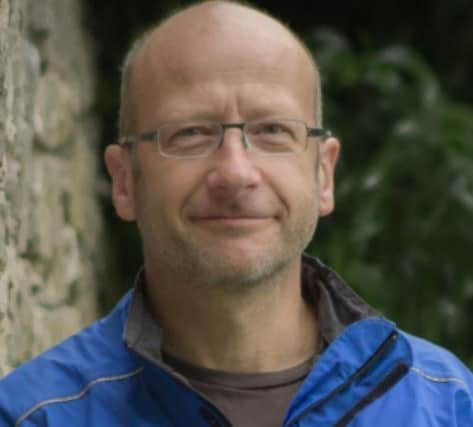

"Hitchhiking is not just about not having money to be able to travel. It’s a mobility gap.
"It’s a common solution for visitors coming to Scotland in rural areas because we don’t have the network.”
However, two women told the webinar they had been attacked while hitchhiking.
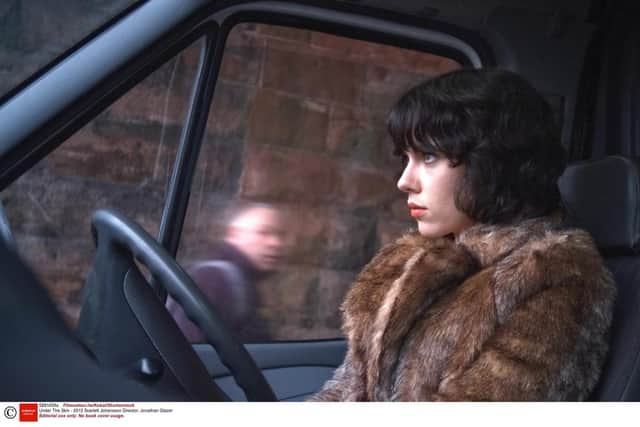

One, from Aberdeenshire, said: “Hitchhiking is the perfect solution here, but I was just too scared because I did a lot of hitchhiking as a youth through Britain and Europe, and a car stopping in a remote area and being dragged out to be raped isn’t something you would want to happen.
"If my kids wanted to do it, I’d be absolutely horrified.”
A French scheme, Rezo Pouce, or “thumbing network”, which is used in 1,500 locations, enables people to lift share by registering online and meeting at bus stop-style pick-up points, with drivers identified by window stickers.
The IAM RoadSmart motoring group suggested an Uber-style driver rating system.
Neil Greig, its Scotland-based policy and research director, said: “Spontaneous lift sharing already happens in many rural areas and capturing that using new technology does sound like the best way to ensure it can be safe and consistently available.”
Advertisement
Hide AdAdvertisement
Hide AdHowever, he added: "It’s one thing knowing who your ride share will be and if they have a nice car, but you can never know how good a driver they are until it’s often too late.
"With most road deaths in Scotland occurring on rural roads and often involving a young people, a safety rating system for drivers would be the real game changer.”
A message from the Editor:
Thank you for reading this article.
We're more reliant on your support than ever as the shift in consumer habits brought about by coronavirus impacts our advertisers.
If you haven't already, please consider supporting our trusted, fact-checked journalism by taking out a digital subscription.
Comments
Want to join the conversation? Please or to comment on this article.